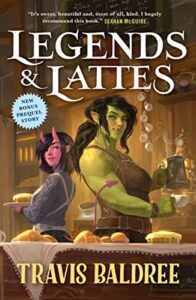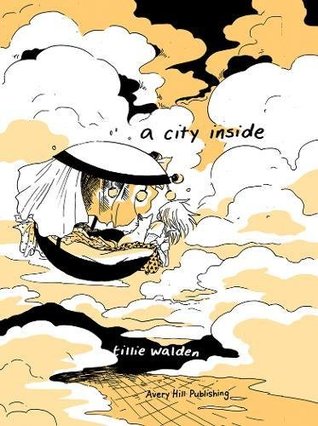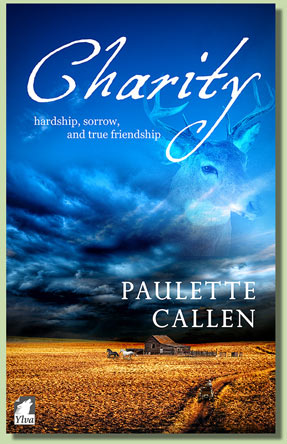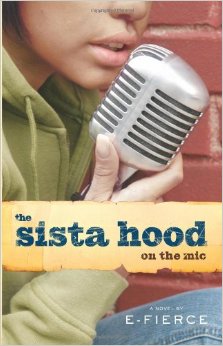Buy this from Bookshop.org to support local bookstores and the Lesbrary!
Legends & Lattes has been reviewed at the Lesbrary before, and it’s certainly gotten a lot of praise online in general, so why do I feel the need to add my own positive review to the mix? I think it’s because the reason I loved it isn’t one I’ve seen touched on much, and it’s also why I think cozy fantasy has a particular appeal to queer readers—I adored it when I first encountered it in The Tea Dragon Society, and this series has only cemented that love.
I’m here to argue that queer cozy fantasy isn’t just about low stakes. It’s about building community, and that’s why it—like the found family trope—is so popular with queer readers.
To be clear, this series is cozy on several levels. The chapters are short and easy to read. It’s fairly low-stakes, it has a cozy setting—a coffee shop—and even the plot mirrors the home renovation TV shows so many people put on for something comforting. The romance is a gentle slow burn built on establishing trust and mutual respect. There’s a ratkin baker who invents cinnamon rolls. There’s a lot of coziness to go around.
But what I found the most cozy, comforting, and heartwarming about this book was the building of community. Viv sets out to start a coffee shop, and that’s inherently something you can’t do alone. She needs help to build and design the physical space as well as to staff it when it’s done. Because she’s starting this in a new town, she needs to build relationships in order to complete this goal.
Viv isn’t exactly the poster child for extroversion and teambuilding. She’s an orc, and that means many people are intimidated by her and associate her with violence. It doesn’t help that she was a fighter, and this is her attempt to retire from the adventuring life. She can be a little gruff, but she’s also kind. She reaches out to people, and almost despite herself, she build a community around the shop, allowing space for everyone’s talents and interests.
This is a story about finding your people. It’s found family, sure, but it’s also not just that. This is a community. Even if they’re not over for dinner every night, they have each other’s back when needed. Family is important, but I think focusing on found family can ignore the many ways we form connections with each other. A handful of essential relationships—family—in our lives is necessary, but so are the network of connections we make in other types of community. The friends who you only see a few times a year, but will always show up in an emergency. The ex-coworker who lets you know when a job possibility perfect for you opens up. The coffee shop owner who lets you host open mic nights there.
This community also allows for reinvention. Almost everyone associated with the coffee shop is exploring a role outside of what’s been assigned to them by society. Can an orc leave violence behind? Can a succubus be respected for her people skills without being reduced to “seductress”? Can a ratkin be a baker? Of course they can. Together, they’re able to support each other as they defy the expectations that have restrained them for so long.
It’s also a story about resilience and hope. The kind of hope that can have you build a business from the ground up, (spoilers, highlight to read) and run into the flames of it burning down to rescue the cappuccino machine so you can do it all over again. That hope blooms from the reciprocal generosity of true community. Being part of a network of people, all supporting each other in their own ways, allows you to have the confidence to begin again.
Human beings are meant to live in community with each other. We’re a social species. We depend on each other to survive. But consciously building these connections is something queer people are more likely to do, because we know that the family we’re born with could very well be conditional. Coming out tests all the relationships in our lives, and even if they survive, it’s hard not to be aware of how precarious they can be. I think that’s why cozy fantasy like this speaks to us so much: it reminds us that we can find family and community by reaching out to other people seeking connection. It can be messy and unconventional, but beautiful both in spite and because of that.
I did not think this cute fantasy book would have me thinking about the nature of human connection as it relates to queerness, but here we are! Whether you’re looking for a comforting read or inspiration to build community in your own life, pick this one up.



